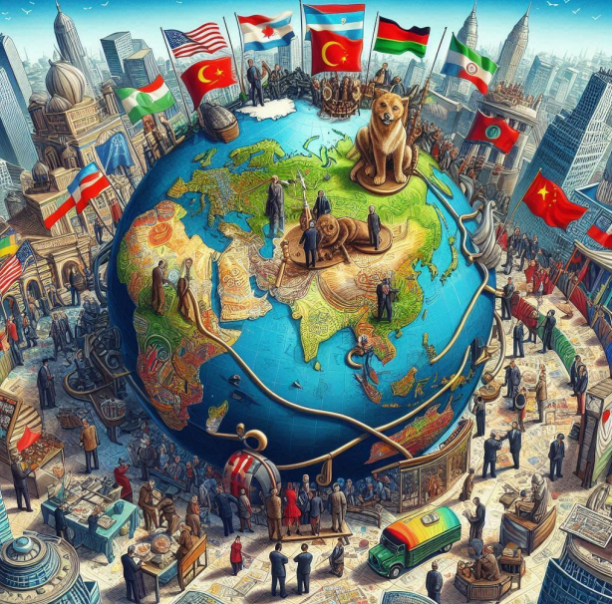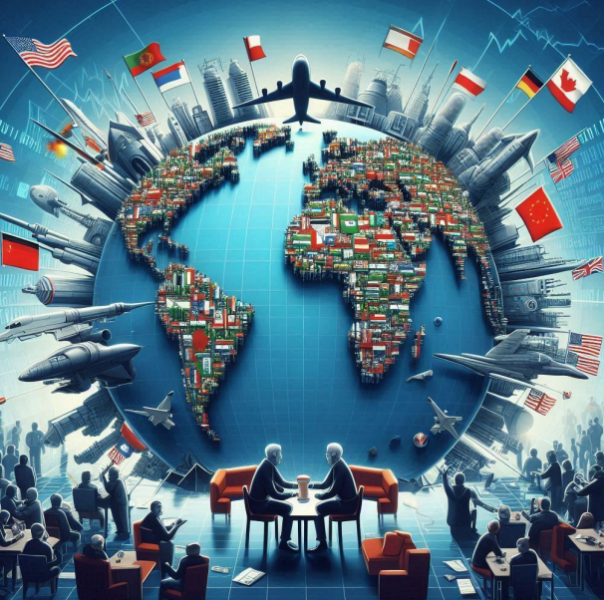There is a high level of vulnerability of markets to the changes in the geopolitical world. Most often, events such as wars, sanctions, and diplomatic tension cause fluctuations in the market. Indeed, geopolitical events impact the global market greatly. Political decisions, conflicts or crises can affect the economic situation and the feelings of investors. To comprehend what geopolitics means to markets is here effective for both investors and policymakers. The following article focuses much more on these geopolitical episodes, as well as their effect on commerce.

Wars and Conflicts
Current wars and military conflicts endanger a country’s supply chain and lift the cost of energy and fundamental industries. For instance, the 2022 Russian invasion of Ukraine had an impact on several sectors of the world economy, particularly agriculture and oil. Russia and Ukraine export fuel, gas, and grains; they were halted or reduced, affecting fuel and grain prices.
Moreover, adding coercion to the inflation rate in international trading. Investors therefore withdrew their funds into low-risk refugees including gold, U. S Treasuries and the U. S dollar thereby increasing trading oscillation.
Trade and Economic Sanctions
Sanctions, tariffs and trade disagreements also affect global markets. One assertion is that the 2018 inception of the U.S.-China trade war impacted the irresolution of the world stock market. Imposed tariffs on goods also have the impacts of rising costs of production and changes in the supply chain.
Measures like those applied to Iran, Venezuela, or Russia prolong these problems by cutting off economies and limiting their connections with the financial sphere. Moreover, reducing trade and creating negative stock responses.

Political Instability and Elections
By using domestic political events such as elections, coups or protests as indicators it is also possible to identify changes in the markets. The demand for stability in markets often produces an uncomfortable environment for investors. Thus any uncertainty regarding leadership will inevitably lead to volatility.
For instance, Brexit, the decision made by the United Kingdom to leave the European Union, caused many years of market instability. Because of this businesses and investors waited for further information about the trade relationships between the UK and EU.
Global Cooperation and Multilateralism
On the other side, deteriorations in political ties or global tensions can lead to pessimistic feelings in the market. Some of the best examples of political risk mitigation include peace agreements and political stability that can support trade deals and diplomatic breakthroughs. Market risks are, in fact, reduced when investment and economic growth are encouraged.
For instance, novel opportunities emerged when political associations between the United States and Cuba were reinstated at the end of 2015. This was precisely for investment and tourism development in the Caribbean state.

Summary
Geopolitical events have a massive influence over the markets. Such events have to be closely monitored and analyzed by the investors, because their occurrence may cause shifts in the global markets. Further, bringing changes in trade, energy, and investment patterns can highly contribute in bettering geopolitical events.





